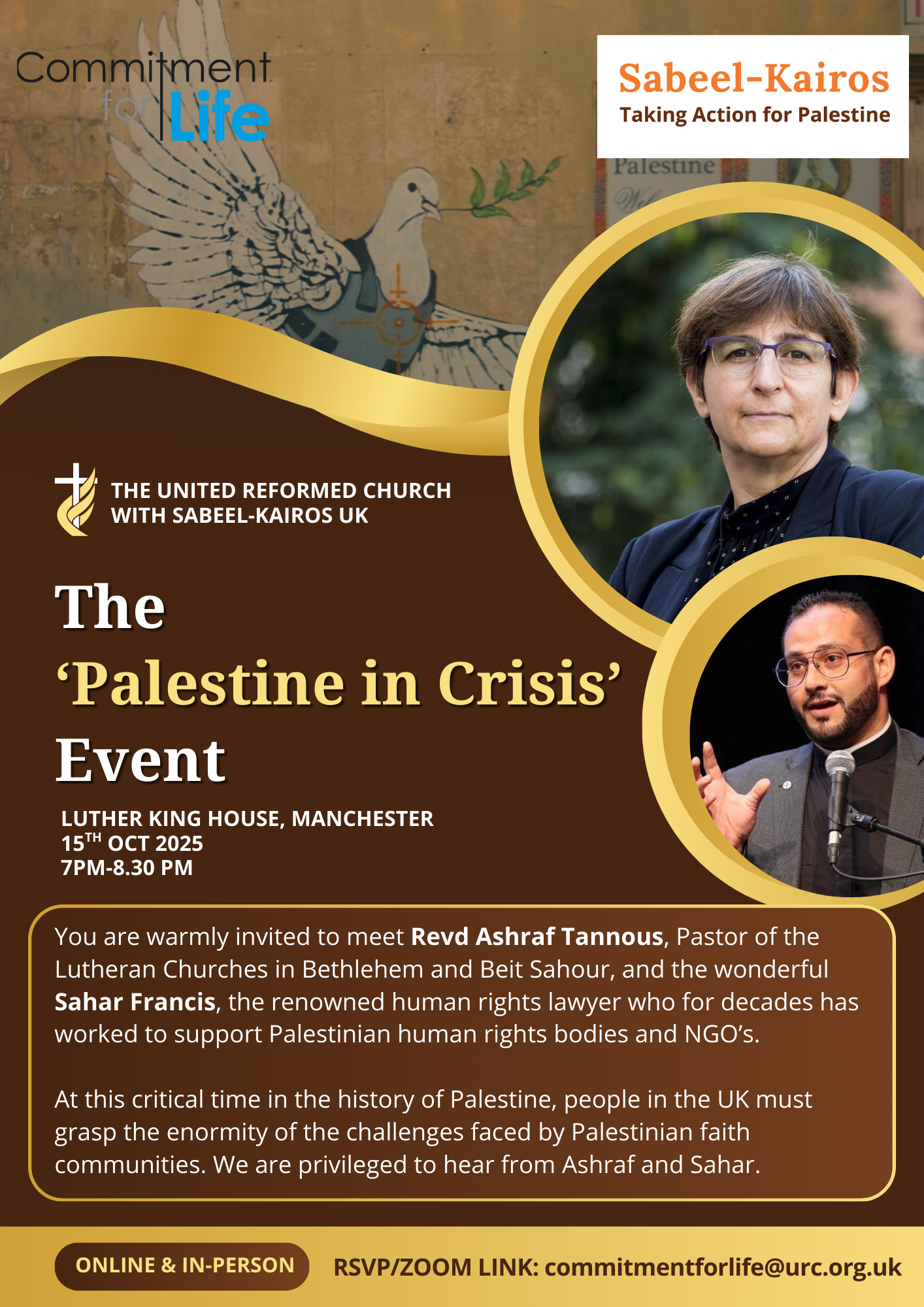There’s something of a rebellion going on in my garden. Sprouting up in the land next to the back fence are several new trees, which have clearly been seeded from the apple tree that sits in the middle of the lawn. I’m pretty sure the people who originally planned the design of my house and garden did not foresee trees or plants popping up next to the fence – there was a designated space for them elsewhere. I have no idea how, in the years to come, this situation will evolve. Some may suggest that the trees are cut down – I would resist this strongly, even if I know the arguments about damaging the fence and the pavement on the other side. It seems to me that the natural world is responding to our human desires to put things in their place by reminding us that this is not how the creation works.
Sometimes it is easier if we separate things out and create specific places or spaces for certain ideas or entities – such as gardens and designated wild spaces for nature. It makes it simpler for us to manage. But time and time again, the boxes that we create don’t fit nicely within the world, however much we might want them to. This is the case with the way in which we sometimes try to separate the sacred and the secular. The ‘sacred’ belongs in church, maybe, or in another place designated for religious worship. The ‘secular’ is everywhere else. Pastoral Theologian Emmanuel Lartey would remind us that this is a very Western approach – it does not reflect, for example, his experience of growing up in Ghana¹. A friend and Ecuadorian theologian, María Alejandra Andrade Vinueza, writes evocatively about how, for people indigenous to Abya Yala (Latin American continent’s name before the Spanish conquest, which has been reclaimed as a symbol of resistance and identity) ‘spirituality permeates their way of life’, from their social interactions and relationships, their daily routines and their relationship with nature².
One way in which this concept of a sacred/secular divide is being challenged is through the growing discipline of chaplaincy. Chaplaincy is a ministry of presence in places that are often considered secular or non-religious. There are many different ways in which chaplaincy is lived out. Some familiar contexts for chaplains are prisons, hospitals, education, police and the military and, here, chaplains are available to all, to offer pastoral care, spiritual guidance, sometimes to speak up and challenge injustice or exclusion, and much more. Chaplaincy isn’t just limited to these familiar places, however. There are workplace chaplains, sports chaplains, eco chaplains and, a few weeks ago, in one of the modules I teach, we were joined by the first and only UK Coastguard chaplain. Chaplains can often be a point of contact for people who are searching, asking questions or needing support but may not be connected to, or feel able to connect to, organised religion.
Chaplaincy ministry offers fresh and exciting opportunities to connect with people where they are. To acknowledge that God is moving in every place – as the psalmist in Psalm 139 reminds us. The chaplains that I have had the great pleasure of working with, from many different faith backgrounds, have often spoken about the precious, unplanned encounters and conversations they have had in a variety of places. Chaplains can offer a ministry of exploration and encounter, support and presence. If this is something that you are interested in exploring, or you are a chaplain looking for further study, more information can be found here, or do get in touch with us here about the programmes we offer – we would be delighted to hear from you.
¹Lartey, E. (2020). Be-ing in relation: The goal of African spiritual practice. In E. Lartey, & H. Moon, Postcolonial images of spiritual care: Challenges of care in a Neoliberal Age (pp. 17-29). Oregan: Wipf and Stock Publishers.
²Andrade Vinueza, M. (2020). When Man and Woman were Soil: a Latin American Decolonial and Intercultural Perspective on Creation, Spirituality and Environmental Grief In H Malcolm (ed) Words for a Dying World (pp 37-47) London: SCM Press






.jpg)
%20(1)_page-0001.jpg)
.png)